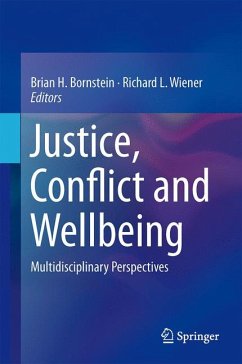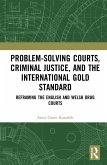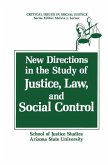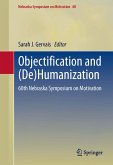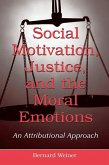Justice, Conflict and Wellbeing closely examines the many intersections of the three, combining perspectives across branches of psychology, law, and political science for a book whose scope is at once personal, local, and global. Unifying these chapters is the latest research on the psychological and physical toll resulting from forms of conflict such as inequality, objectification, and war, and possibilities for corrective measures through the legal system, arbitration, and policy. As a unit, the book models the effectiveness of interdisciplinary research in arriving at novel answers to longstanding problems. Noted contributors offer nuanced analysis of a broad range of contemporary real-world issues, including:
- The fairness of distributing resources equally.
- Hostile work environments.
- Mental illness, dangerousness, and police power interventions in pursuit of justice.
- The complexity of accountability for mass atrocity.
- Everyday opportunities for children to manage conflict.
- The public and ethical costs of alternative dispute resolution.
A volume poised to help shape future policy on multiple fronts, Justice, Conflict and Wellbeing is a path-breaking guidebook that researchers and instructors in social science and law, as well as policymakers, can learn from, expand upon, and put into practice.
Dieser Download kann aus rechtlichen Gründen nur mit Rechnungsadresse in A, B, BG, CY, CZ, D, DK, EW, E, FIN, F, GR, HR, H, IRL, I, LT, L, LR, M, NL, PL, P, R, S, SLO, SK ausgeliefert werden.
Susan G. Goldberg, PsycCRITIQUES
February 8, 2015, Vol. 60, No. 6, Article 6

